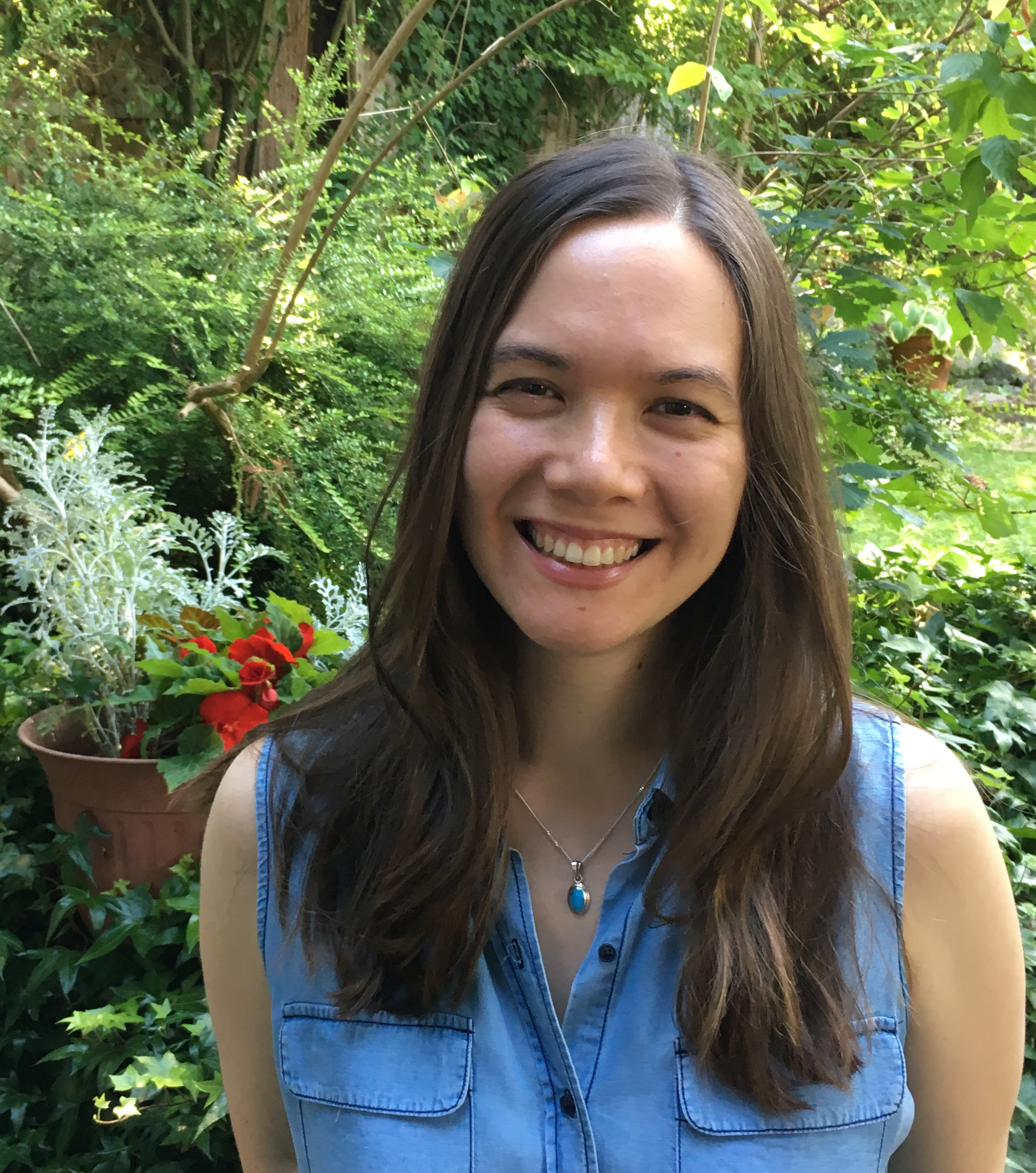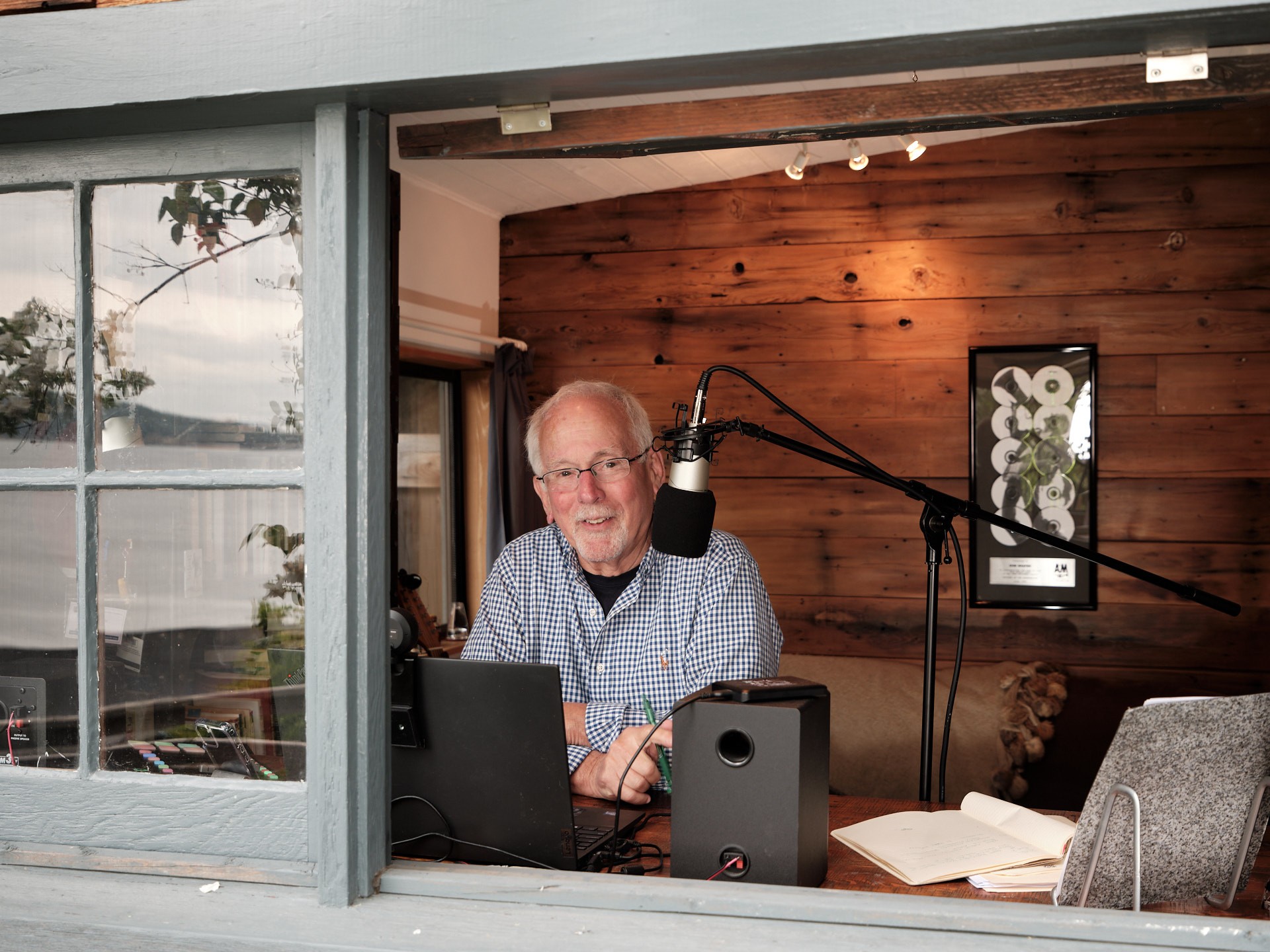

Meet Khaldah Salih, one of the new MA students of the 2016-2017 cohort at The Social Justice Institute.
This interview took place on the traditional, ancestral, unseeded and occupied territory of the Musqueam peoples.
Ine: “Hi Khaldah, thanks so much for taking the time to meet me here today to talk about some of your experiences and impressions of your time at the Social Justice Institute! Tell me, what made you decide to apply for the Master’s program in Gender, Race, Sexuality and Social Justice?”
Khaldah: “Well, after my undergraduate studies in Political Science and International Development Studies at McGill University, I worked at UNHCR in Khartoum, Sudan, and so I really wanted to continue doing research on gender in Sudan, but I didn’t want to necessarily continue with international development. I wanted to engage with something more analytical, and through which I could also study the power dynamics within and around international development.
Also, I already knew a PhD student studying here at the Institute, and the program’s message attracted me, i.e. intersectional feminist, and decolonizing research methodologies. Moreover, I like that the research interests of faculty and students is varied, focusing on different places and issues.”
Ine: “How are you liking your program so far?”
Khaldah: “I really like that I don’t have to give disclaimers before I say something during a class discussion. I don’t have to say: “…from a feminist perspective…” for instance, because we are all feminists. So it is nice that we don’t have to explain ourselves to each other.
I find the classes very fulfilling, and I like that they have clear aims.”
Ine: “What do you find most fulfilling about the classes?”
Khaldah: “It is interesting that we read foundational texts, such as Kant, Hegel, Fanon, Foucault, Smith, Rawls, and Nussbaum that really display the roots of Western thought, even though some of the texts can be a drag, haha. My favourite books that we’ve read so far are Fanon’s the Wretched of the Earth and Saidiya Hartman’s Scenes of Subjection. I had actually read Wretched of the Earth before, so it doesn’t even feel like work and I really enjoy reading Fanon. I have read some works on slavery but hadn’t really read a book that goes respectfully into detail (as opposed to many movies on slavery) until I read Scenes of Subjection. It’s really interesting to read how history has been examined and how it unfolds from different perspectives.”
Ine: “Sometimes it can be draining to work in the field of social justice, especially as we are mostly and continuously confronted with all kinds of injustices and violence. How do you balance the demands of working in the field with your personal life?”
Khaldah: “At the moment I am not engaged with any community organising because I just moved here, so I only have school to focus on. It’s good to be able to focus on just school, but it also gives me energy to work in and with a community. Sometimes it is good to talk to peers, like for instance with the recent Trump election, but sometimes it is also good to know when to take a step back and just be by yourself. It’s also important to find the balance between engaging in activism. Especially when you consider yourself an ally of different causes, sometimes it might be desirable when you step up and actively participate, other times it might just be better if you step back.
I also get a lot of energy from other people’s work. The Noted Scholars Public Lecture Series the Institute organizes every other Wednesday is really a source of inspiration. It is so interesting to hear other people talk about their research, and the topics are so varied. I also recently attended the Race Literacies conference which was very inspirational.”
Ine: “What would you like to do after your degree?”
Khaldah: “I’m not sure, hopefully, I’ll figure it out during my studies. I’m not sure if I’d want to do a PhD after my Masters, but I do want to work in and on Sudan, especially as there are many gaps in the work that has not been published from a Sudanese perspective. A lot of the work available to the English world published on Sudan is from an international Western and white savior perspective, which perpetuates the ideas of the English-speaking world, which are basically racist perspectives. So I would like to contribute to bringing in Sudanese perspectives in that field and especially explore some of the issues not touched on previously.”
Ine: “What is the topic of your MA research?”
Khaldah: “I am not yet completely sure where my MA research will focus on, but I have the general idea of documenting the experiences of women in conflict in Sudan, because very little has been published on that. There are so many perspectives to analyze, so this is very exciting and important work.
But I think I do want to do research in the future, I am just not sure whether I want to be in academia or within international development. This is really a dilemma, because the whole idea of and the need for international development is born out of European imperialism and colonialism, and now the West who wants to “do good”. So without international development, the situation of many countries would probably be worse off, but the mechanisms of international development don’t necessarily work to bring countries out of poverty. It is just a perpetual system that is really difficult or perhaps impossible to break or change and that in the long run doesn’t structurally improve the situations of countries, but what would many countries do without international development? It is an institutional trap that perpetuates neocolonial institutes and many people working in international development are aware of that too, which makes it even more of a dilemma. So this is also a research topic I am thinking of. I want to work on improving the situation in Sudan but I also want to contribute to deconstruct neocolonial institutes. So this is a dilemma I find very difficult.”
Ine: “You’re at the right place to learn about deconstructing power dynamics! Thanks for your time and all the best of luck in your studies, Khaldah!”


